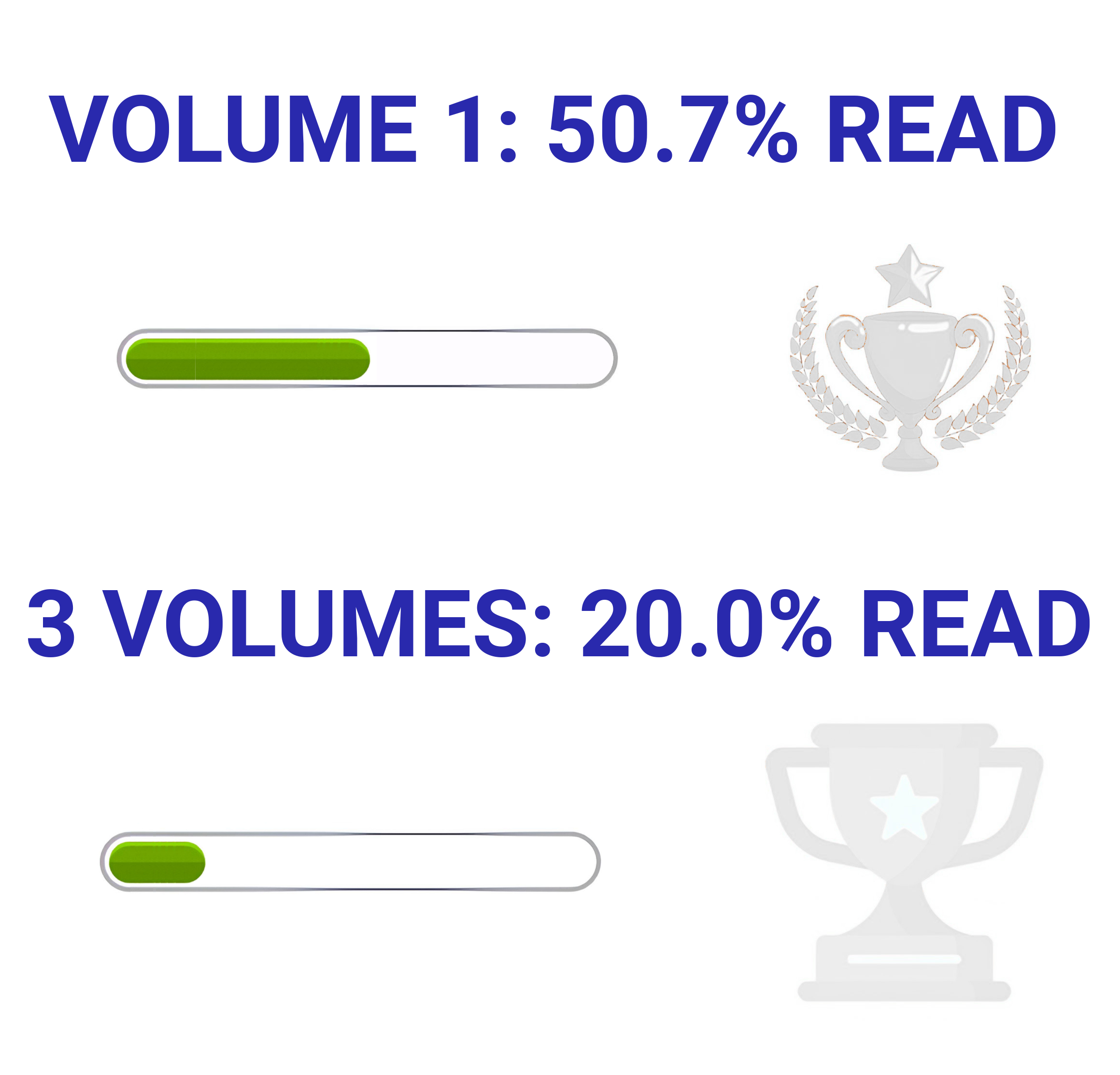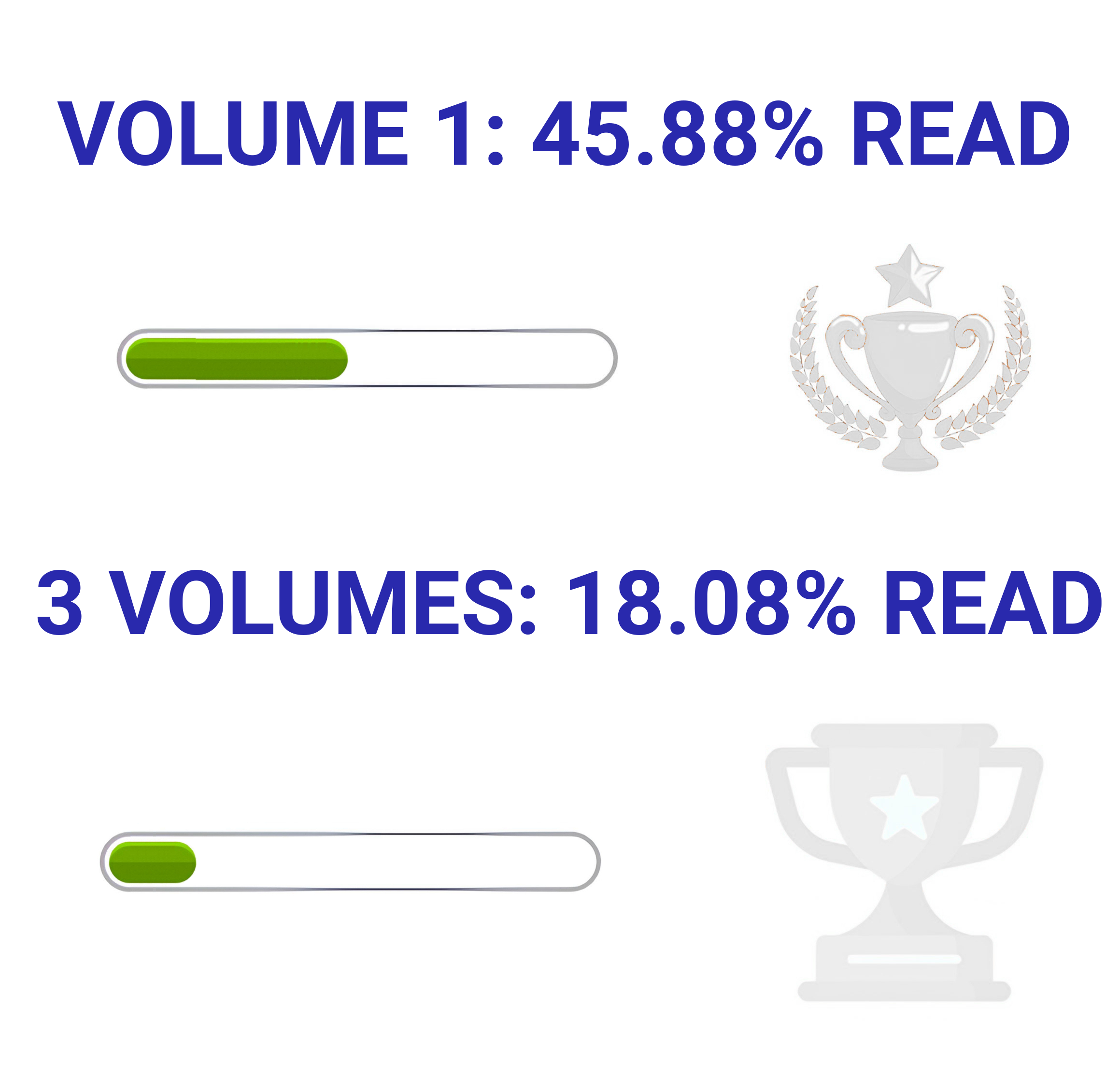Don't be rude.
Same with the scientific research:
"It was sensory leakage"
"It is selective data"
Those are obviously the first two things any experiment is designed to exclude.
Historically, I have heard the double-blind randomized design was invented for parapsychology.
Every instance that I'm familiar with was either directly debunked or suffers from really obvious experimental design problems.
Here's a skeptic saying the opposite: that there are no methodological flaws so we must find some other grounds for disagreeing: https://web.archive.org/web/20170616174455/http://mceagle.com/remote-viewing/refs/science/air/hyman.html
PS: He says: "The SAIC experiments are well-designed and the investigators have taken pains to eliminate the known weaknesses in previous parapsychological research. In addition, I cannot provide suitable candidates for what flaws, if any, might be present. Just the same, it is impossible in principle to say that any particular experiment or experimental series is completely free from possible flaws.... We also agree that the SAIC experiments appear to be free of the more obvious and better known flaws that can invalidate the results of parapsychological investigations. We agree that the effect sizes reported in the SAIC experiments are too large and consistent to be dismissed as statistical flukes.... I agree with Jessica Utts that the effect sizes reported in the SAIC experiments and in the recent ganzfeld studies probably cannot be dismissed as due to chance. Nor do they appear to be accounted for by multiple testing, file-drawer distortions, inappropriate statistical testing or other misuse of statistical inference. I do not rule out the possibility that some of this apparent departure from the null hypothesis might simply reflect the failure of the underlying model to be a truly adequate model of the experimental situation....." – so I don't think it's valid to say that all the well-known research "suffers from really obvious experimental design problems" when peer-reviews by its opponents claim the opposite.
Here's a report on said government research by a skeptic:https://web.archive.org/web/20170616174455/http://mceagle.com/remote-viewing/refs/science/air/hyman.html
Because my report will emphasize points of disagreement between Professor Utts and me, I want to state that we agree on many other points. We both agree that the SAIC experiments were free of the methodological weaknesses that plagued the early SRI research. We also agree that the SAIC experiments appear to be free of the more obvious and better known flaws that can invalidate the results of parapsychological investigations. We agree that the effect sizes reported in the SAIC experiments are too large and consistent to be dismissed as statistical flukes.
I will google the joke til I get it
Nobody's holding it to a lower standard. On the contrary, it's held to very high standards of rigor because of the taboo.
e.g. one research guideline is that the research team should have a skeptic and a believer (e.g. Bem and Honorton). We don't require such exacting standards for pharma research because it doesn't threaten our metaphysical beliefs (just the lives of our loved ones)
Blinded drug trials don't rigorously guard against the blinding being broken by sensory leakages (granted they do take some precautions).
The idea that "parapsychology research is held to low standards" is an old canard
I agree p=0.041 is not very conclusive.
I'll also note that saying the evidence should be approached as an "amazing claim" is explicitly saying you bring a biased approach to the evidence.
No one study is conclusive really, that's why we need meta-analyses
There are organised brigading groups deliberately tilting Wikipedia to their bias.
This is well-documented; they're surprisingly brazen about it.
It is particularly bad for charged/controversial topics like this.
This is confusing as fuck.
Are you asking about the country or the continent?
I use 'Usan' a little bit, but not totally satisfied with it.


Yes it is, the null hypothesis is the placebo hypothesis.